The CrowdStrike outage on Friday caused global disruption, with few industries more affected than aviation. The IT system outage caused the cancellation of approximately 5,000 flights, leaving 100,000 travelers stranded.
As normal life returns, we look at other major disruptions to aviation over the past few decades.
Covid pandemic
March 2020
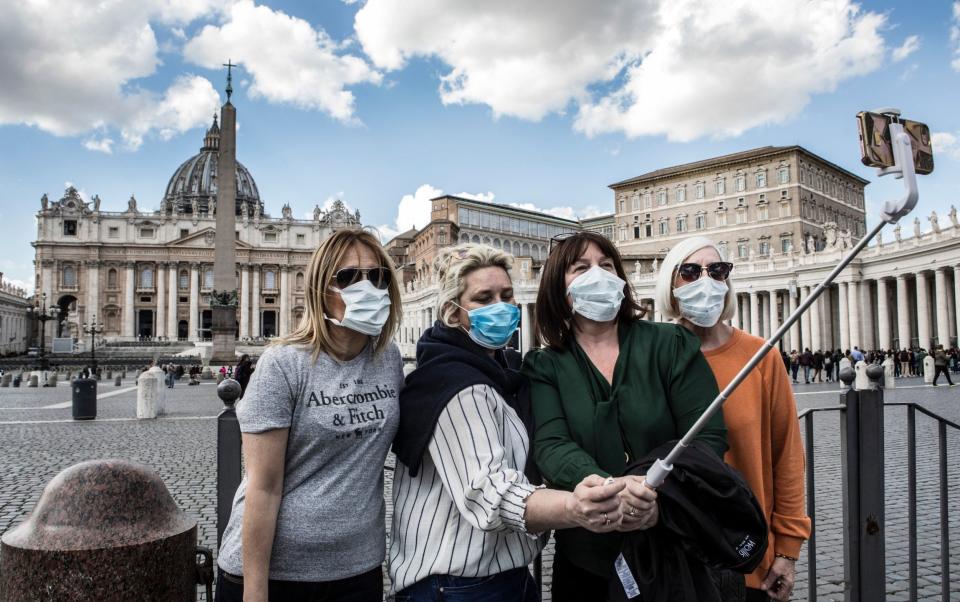
Chaos rating: 10/10
It was the month that changed everything. In a matter of weeks, Covid went from a worrying topic on the evening news to turning the world as we knew it upside down. And as lockdowns and mass panic spread across the globe, air travel was an inevitable casualty.
In the United States, flight cancellations reached their highest level since 9/11. In April 2020 alone, American Airlines grounded 137,000 scheduled flights. Closer to home, British Airways owner IAG cut flights by 75 percent, while Virgin Atlantic went even further, cutting flights by 80 percent.
Even today, industry experts say the long-term impact of Covid is still clear. “Business travel is still declining, with airlines moving to what the industry calls VFR (or visiting friends and relatives),” says consultant and expert John Strickland.
Icelandic volcanic eruptions
April 2010
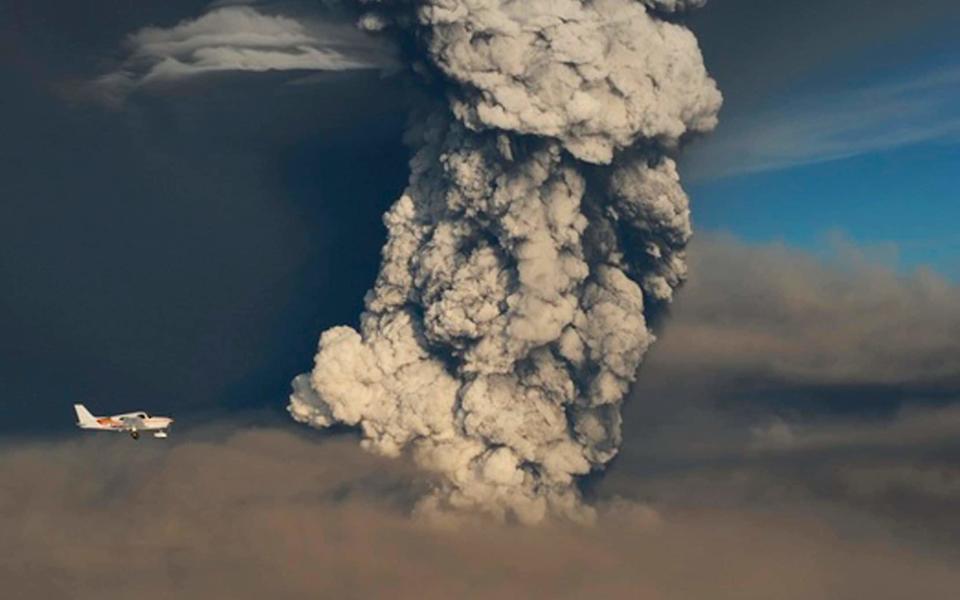

Chaos rating: 9/10
Nowadays, the tongue-twisting nickname Eyjafjallajökull is likely to crop up as an impressive quiz answer. But in the spring of 2010, the Icelandic volcano’s name was a curse word for travelers when it grounded more than 100,000 flights.
While volcanic eruptions are not exactly unknown in Iceland, this one occurred beneath a glacier, causing the lava to cool rapidly and break up into small particles of glass and ash that were then released into the atmosphere. This led to concerns that the residue could damage jet engines as it swept across northern Europe.
After eight days of airspace closures across the continent, European airspace was finally reopened on April 23. However, there were two more days of disruptions in May.
Air traffic control failure during bank holiday
August 2023
Chaos rating: 5/10
As if holiday travel wasn’t stressful enough, things got worse this past summer when an air traffic control glitch canceled 2,000 flights and left hundreds of thousands of travelers stranded.
Despite fears that the chaos was the result of a hostile cyberattack, the truth was more prosaic – and infuriating. Data from a transatlantic flight had inadvertently short-circuited the entire air traffic control system. The result was major disruption for two days.
Europe’s Chaotic Summer After Covid
July 2022
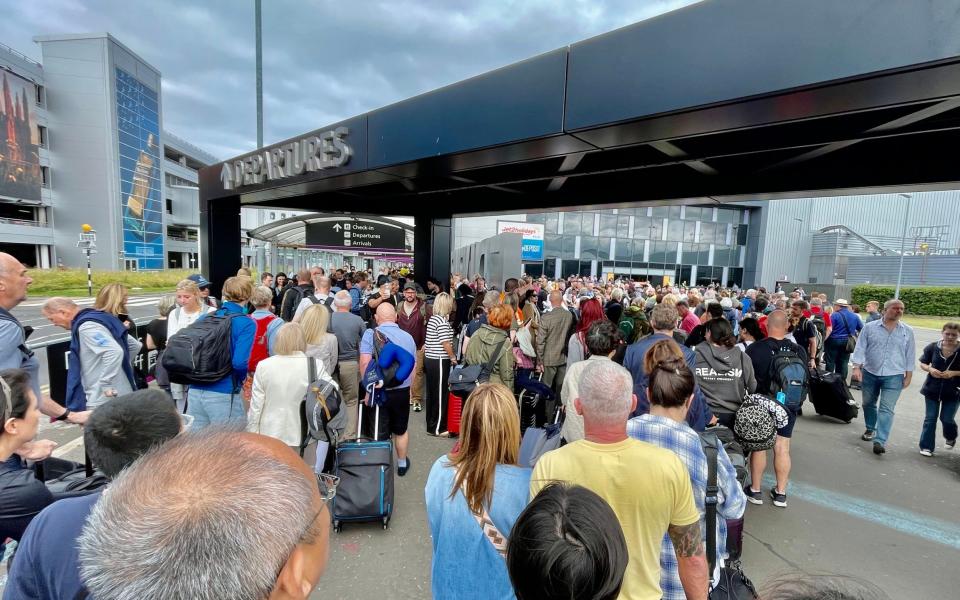

Chaos rating: 7/10
After the toughest two years in aviation history, 2022 was set to be the year that international travel returned with a bang. With Covid finally in the past, travellers were ready for an epic holiday – but were airports ready?
Not quite. After laying off thousands of staff during the pandemic, Europe’s biggest airports were woefully unprepared for an influx of holidaymakers. Photos of security lines stretching into airport car parks quickly went viral on social media, with reports of hours-long security queues.
A report from air traffic control Eurocontrol would later confirm the scale of the problem. During the summer, half of all European flights were delayed, and 7 percent were cancelled altogether.
The oil price shock
October 1973
Chaos rating: 6/10
Judging from the sepia-toned images on social media, you might think that vintage air travel was the epitome of stress-free. But while cramped seats and baggage fees may still be decades away, travelers still suffered from the occasional headache.
When in 1973 a number of Arab countries decided to drastically cut oil production to punish America, the price of the black stuff rose fivefold, hurting airlines and travelers alike.
It was particularly bad news for Pan Am, then the world’s most glamorous airline, which had recently upgraded its fleet to the gas-guzzling Boeing 747. Faced with higher overhead costs, the airline cut flights by about 25 percent and subsequently suffered heavy losses.
System failure at BA
May 2017
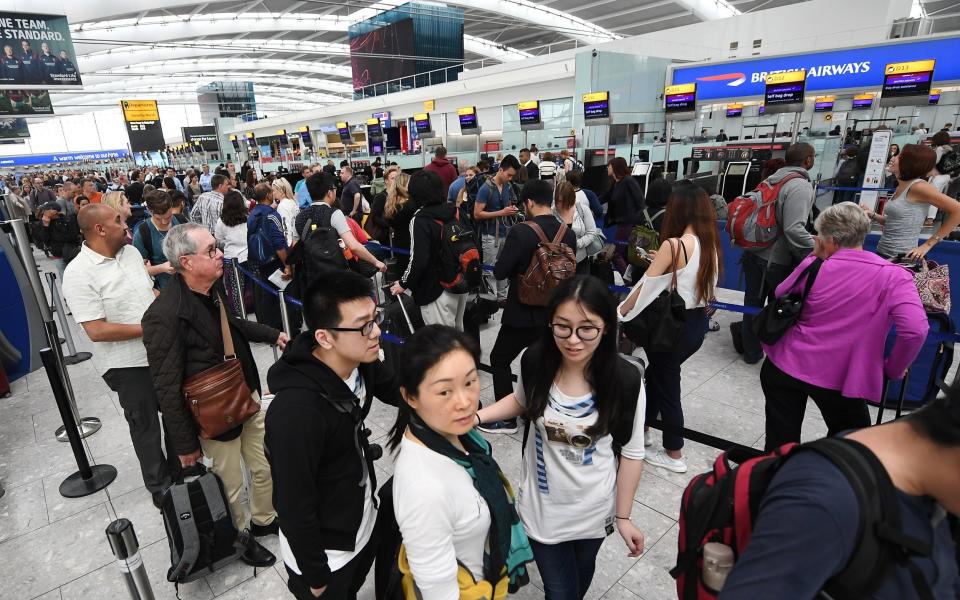

Chaos rating: 3/10
The Internet has revolutionized the way we travel. But what happens when the computer says no? In the spring of May 2017, British Airways learned the hard way when a power outage affected two data centers, grounding 672 flights for three days.
The outage led to the cancellation of flights carrying 75,000 passengers, with significant disruption at Heathrow and Gatwick. The final compensation bill was estimated at around £58 million, providing a cautionary tale for the wider aviation industry.
The millennium bug
December 1999
Chaos rating: 1/10
Looking back from the comfort of 2024, it’s tempting to look back on the “millennium bug” with a nostalgic smile. But IT experts have a different perspective, pointing out that things would be very different if hundreds of billions hadn’t been spent upgrading the world’s computer systems.
Regardless, the airline industry didn’t escape unscathed. After years of fear-mongering about the impact of Y2K, the disruption became something of a self-fulfilling prophecy as airlines were forced to cancel New Year’s Eve flights because passengers were too afraid to book.
9/11 terrorist attack
September 2001
Chaos rating: 8/10
Given the magnitude of what happened that day, focusing on canceled flights feels trivial—at least on a human level. Yet the unprecedented impact of 9/11 on air travel speaks for itself: after the complete shutdown of U.S. airspace, more than 40,000 flights were grounded in the space of 48 hours.
Civilian air travel would eventually resume on September 13, with the focus initially on the thousands of stranded flights forced to land at temporary destinations. Although safety protocols were immediately stepped up, it would take two years for passenger numbers to recover, with a 6 percent drop in the number of Americans flying domestically in 2002.
Boeing planes grounded
January 2024
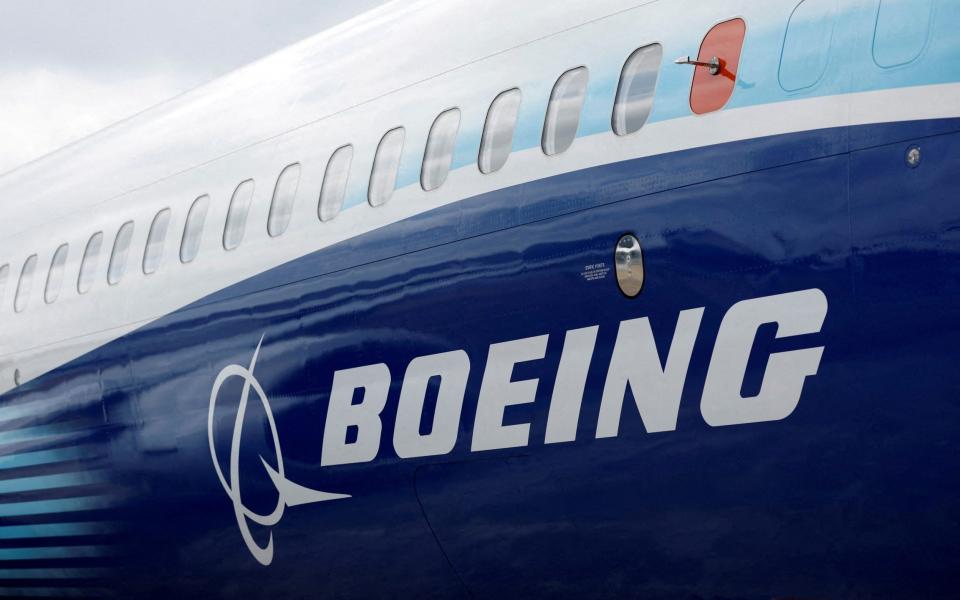

Chaos rating: 4/10
It was the viral video footage that sent shivers down the spine of even the most confident of flyers: a passenger plane forced to make an emergency landing after losing a large chunk of its outer shell, nearly 5,000 meters (16,000 feet) above the ground.
Following the shocking incident, US regulators ordered all 171 Boeing 737 Max 9s to be grounded for inspections, leading to the cancellation of 2,000 flights across America. The aircraft was not yet in use in Europe, but that did not stop the continent from quickly banning it from its airspace.
The Gatwick Drone
December 2018
Chaos rating: 5/10
As London’s second-largest airport prepared for one of the busiest weekends in the travel calendar, control centres received reports that two drones had been spotted in the area, one of which had infiltrated the airport complex itself.
Within minutes, authorities grounded all flights for fear of a deadly collision. Over the next 48 hours, 1,000 flights would be canceled, leaving 140,000 passengers stranded for the Christmas holidays.
Given what was at stake, the passengers might not have been so outraged. But there’s just one problem: despite an £800,000 investigation and the unfortunate arrest of two innocent drone enthusiasts (who later received £200,000 in compensation), no evidence of a drone has ever been found…